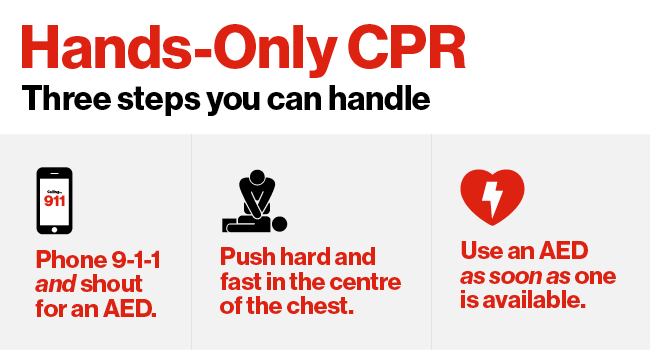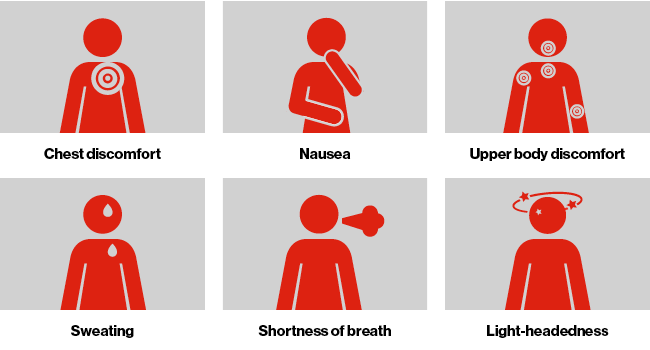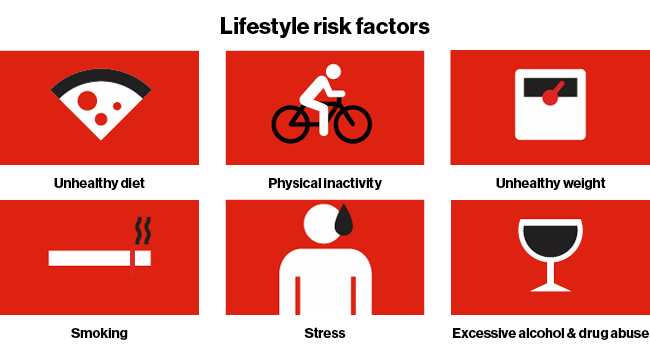Would you know if someone is experiencing cardiac arrest? Are you aware of the best ways to protect yourself from premature heart disease or stroke?
For too many people in Canada, the answer to these questions is no. According to a 2023 Heart & Stroke poll, knowledge gaps like these could be putting people’s health at risk — maybe yours, or your family’s.
One in two Canadians is personally touched by heart disease or stroke — either experiencing it themselves, or in a family member or close friend. So, knowledge of these diseases is critical.
Test your awareness of these key areas.
TRUE OR FALSE: Heart attack and cardiac arrest are the same thing.
FALSE: Cardiac arrest means the heart suddenly and unexpectedly stops beating. Heart attack means blood flow to the heart is slowed or blocked. Both are medical emergencies and you should call 9-1-1 immediately. For cardiac arrest, it’s important to start CPR right away and shout for a defibrillator. Know the signs.
TRUE OR FALSE: Most people do not survive a cardiac arrest outside of hospital.
TRUE: Only one in 10 people who have a cardiac arrest outside of hospital survives. But you can double a person’s chance of survival by doing CPR and using a defibrillator. Learn CPR basics.

TRUE OR FALSE: Signs of a heart attack can be different in women.
TRUE: The most common heart attack sign is chest pain, but women may experience shortness of breath, pressure or pain in the lower chest or abdomen, dizziness, upper back pressure or extreme fatigue. Learn more about signs in women.

TRUE OR FALSE: Your family history is the biggest risk factor for heart disease or stroke.
FALSE: High blood pressure is the number one risk factor for stroke and a major risk factor for heart disease and stroke. That’s important because 80% of premature heart disease and stroke can be prevented. Learn more about managing your blood pressure.
TRUE OR FALSE: Most people who have a stroke are left with some disability.
TRUE: About 60% of people experience some disability — either physical or mental — after a stroke. For 40%, the disability is moderate to severe. That’s why it’s so important to reduce your risk of stroke.
“The impact of heart disease and stroke to individuals and their loved ones is enormous,” says Doug Roth, Heart & Stroke CEO. “Yet there is a serious lack of understanding around different conditions, including life-threatening consequences. More needs to be done to raise awareness across the country.”

- Get informed at heartandstroke.ca to protect your heart and brain health.
- Get health info in your inbox each month; subscribe to our Healthline newsletter.
